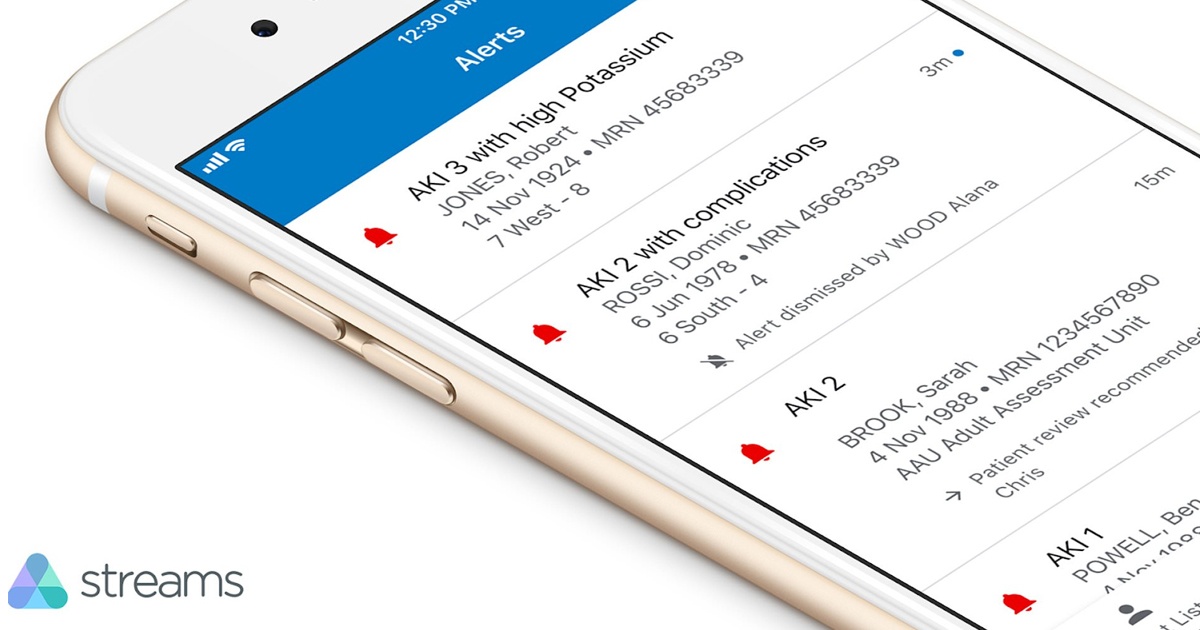Health literacy is a degree of knowledge and experience in which a person can access and process basic health information and participate in making health decisions.
The World Health Organization defines health literacy as the personal characteristics and resources necessary for the population and communities to access, understand, value and use information and services to make decisions about health.
Likewise, they define digital literacy processes as the set of skills, attitudes and knowledge that a person requires to develop functionally in the information society.
In this sense, Digital Health Literacy recovers aspects of both terms. Therefore, this concept encompasses the ability to search, find and understand health information represented in electronic formats and sources to solve a health problem.
Literacy in Digital Health is influenced by various variables of each individual, for example, their age, their health status, education, digital literacy skills, or the motivation to seek information.
In this way, digital health technologies must consider digital health literacy to be effective. For example, Artificial Intelligence, wearables, mobile applications, remote monitoring devices, among other digital solutions, have the potential to better develop patients' digital skills.

However, Digital Health literacy has limitations, which, in turn, create barriers that exclude communities from digital transformation processes. That is why it is important to recognize the importance, first of all, of health literacy and digital literacy.
On the other hand, the WHO has several studies on the importance of using the internet in the fight against noncommunicable chronic diseases and the information available online by health authorities in various countries. One of these studies showed great room for improvement on the part of national governments in creating and engaging in social media conversations about these types of health conditions.
Likewise, researchers from the University of Pittsburgh created a series of tips on universal digitalization and the promotion of Digital Health. In this list, they highlight the importance of creating materials that establish a standard in health literacy, such as the creation of tools and materials
The United States National Library of Medicine created a Digital Health Literacy campaign, called All of Us, which offers courses on digital literacy, searching for medical information on the Internet, among other topics: https://allofus.nnlm.gov/digital-health-literacy






